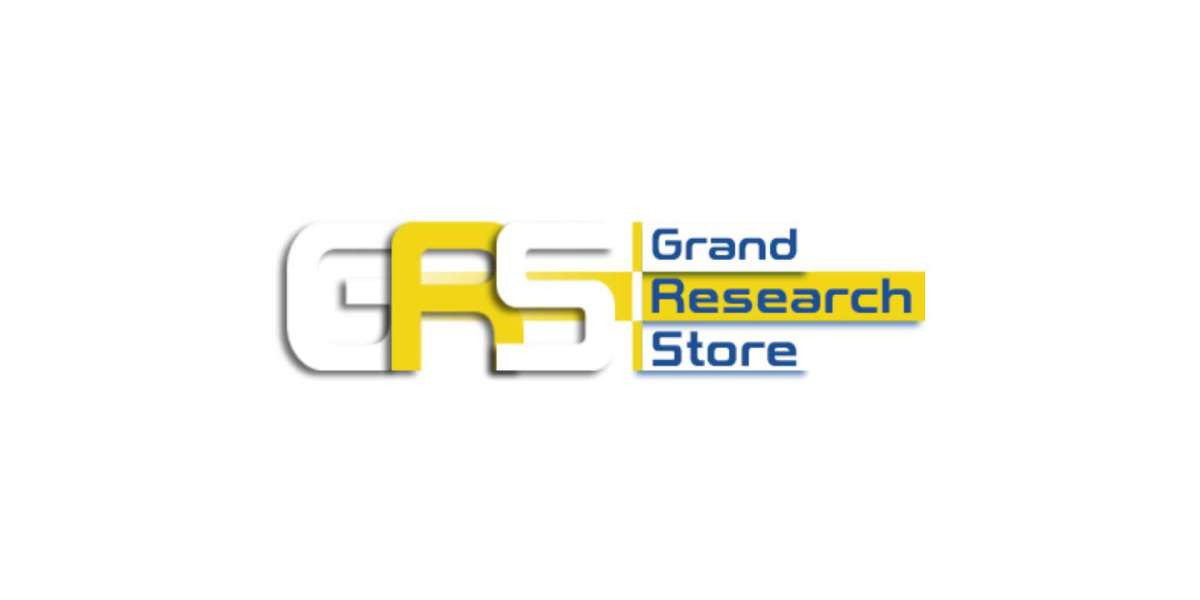The discrepancy between Aluminium vs. aluminum in the English language has long puzzled linguists and sparked debates across continents. Originating from the same chemical element, this spelling duality reflects historical, cultural, and linguistic divergences between British and American English. Let's explore the nuances of this lexical conundrum and its broader implications.
Sir Humphry Davy, the British chemist credited with isolating the metal in the early 19th century, initially coined the term "aluminum." However, he later revised it to "aluminium" to adhere to the prevailing naming conventions of metallic elements. Meanwhile, across the Atlantic, the American Chemical Society opted to retain "aluminum" in its publications, leading to a linguistic schism that endures to this day.
The choice between "aluminium" and "aluminum" extends beyond mere orthographic preferences; it embodies distinct linguistic philosophies. Advocates of "aluminium" emphasize its adherence to the "-ium" suffix prevalent in other elements, asserting its scientific legitimacy and consistency within the periodic table. Conversely, proponents of "aluminum" champion its simplicity and historical precedence, arguing for linguistic pragmatism over adherence to tradition.
The coexistence of both spellings reflects the dynamic evolution of language and the influence of geopolitical and cultural factors. While "aluminium" remains the preferred spelling in British English and its Commonwealth nations, "aluminum" dominates usage in the United States and parts of Canada. Nevertheless, the advent of global communication and digital platforms has facilitated cross-pollination of linguistic conventions, blurring the boundaries between these once distinct lexical territories.
In contemporary discourse, individuals and institutions navigate between "aluminium" and "aluminum" with relative ease, often employing both interchangeably depending on context and audience. This linguistic flexibility underscores the adaptability of language in accommodating diverse perspectives and evolving communication norms.
In essence, the dichotomy between "aluminium" and "aluminum" serves as a microcosm of broader linguistic phenomena, illustrating the intricate interplay between history, culture, and linguistic evolution. Whether one favors the British elegance of "aluminium" or the American simplicity of "aluminum," both spellings contribute to the rich tapestry of the English language, transcending geographical boundaries and fostering cross-cultural understanding.



